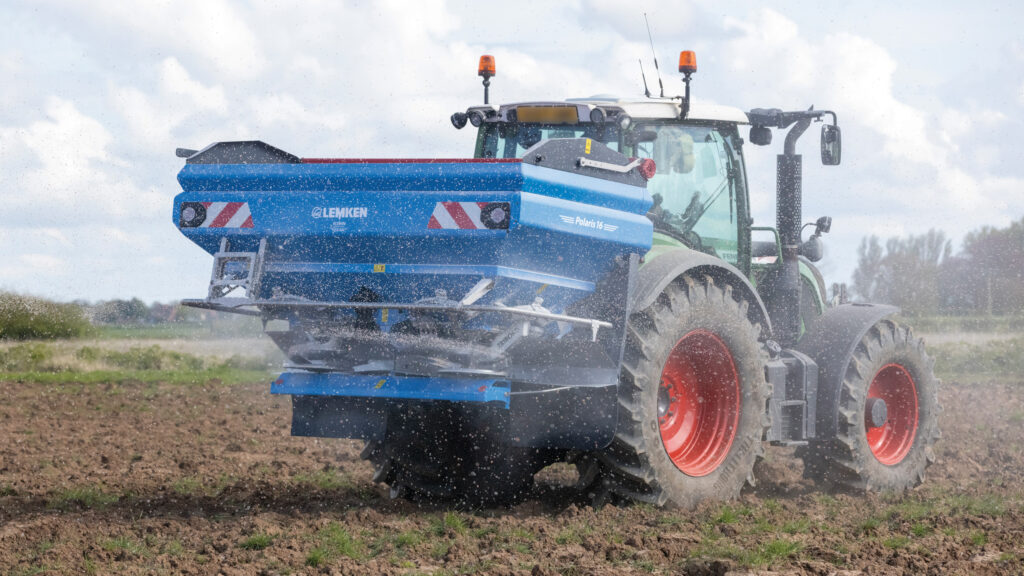US tariffs hit fuel and fertiliser markets
 © GNP
© GNP Farm businesses could benefit from lower red diesel prices in the short term as a result of disruption to global markets. However, other input costs, such as fertiliser, remain firm.
Global oil markets have dropped 20% since US president Donald Trump’s 2 April announcement of tariffs on all imports, with Brent crude oil trading at $60.30 (£47) a barrel on 9 April.
Red diesel prices have dropped back as a result, with prices collected by Farmers Weekly averaging 66.7p/litre on 9 April, based on a 5,000-litre delivery.
See also: UK ag machinery firms work to mitigate US tariff impact
Diesel and petrol prices fell by roughly 4p/litre during March, and the RAC has predicted further price cuts.
The motoring organisation’s head of policy, Simon Williams, forecasts that with oil tumbling to its lowest price for four years, drivers ought to see cuts of up to 6p/litre in April.
He said: “Petrol should drop from its current UK average of 136p/litre to 130p/litre and diesel from 143p/litre to 137p/litre.”
Fertiliser markets
Major fertiliser manufacturer CF Industries announced plans on 9 April to build an ammonia production facility in the US, capable of producing 1.4m tonnes of fertiliser a year.
It will form part of a new joint venture with two Japanese firms, Jera and Mitsui.
CF Industries Holdings chief executive Tony Will said: “CF Industries is proud to partner with global leaders Jera and Mitsui to build the leading low-carbon ammonia production facility in the world.
“Our joint venture represents tangible progress towards building a reliable and affordable low-carbon ammonia value chain to meet what we expect to be robust global demand for low-carbon ammonia for both traditional and new applications.”
The US is a net importer of fertiliser, and tariffs are already affecting prices, according to Sylvia Traganida, senior editor at insight firm ICIS.
Ms Traganida said: “Algeria now faces a 30% tariff, prompting suppliers to seek alternative markets.
“Russia’s tariff status is unclear, while Canada and Mexico face a 25% duty on non-agreement products.”
Copa-Cogeca, the EU’s leading farming lobby, has warned that the 20% US tariff on EU goods could lead to higher prices and disruption to global supply chains.
Copa president Massimiliano Giansanti said: “European farmers and agri-cooperatives are already facing mounting challenges, from rising production costs to climate-related pressures. These new tariffs will add to further uncertainty and financial strain on our sector, affecting both producers and consumers.”
